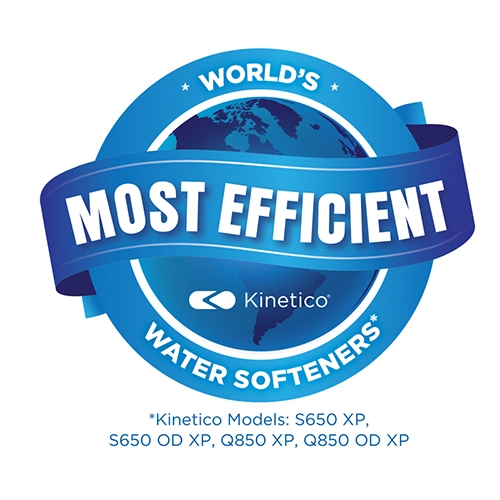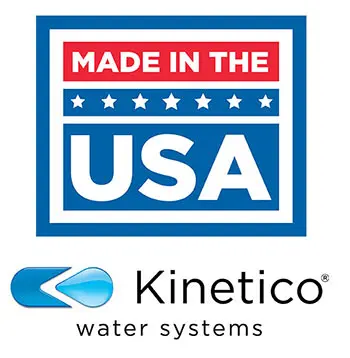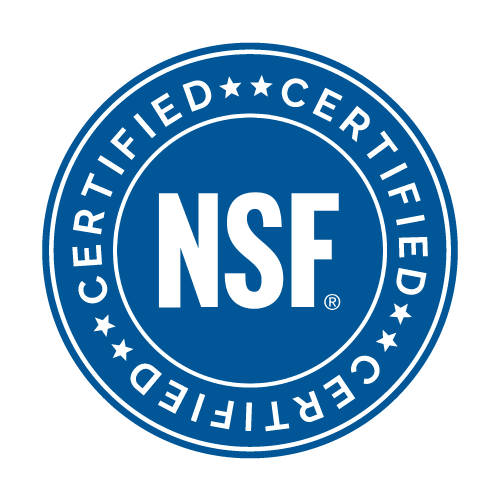What Type of Filtration System is Best for Well Water?
99% Client Satisfaction
Industry Leading Warranty
Family Owned & Operated
Emergency Services
Financing Available
What Type of Filtration System is Best for Well Water?
Having your own personal water supply can be a good feeling. It’s like being closer to nature, going back to an earlier time when people hunted, foraged, and generally fended for themselves before government departments took over everything and we became reliant on one of them to provide the water that flowed so freely from the pipes. But what happens with city water before you drink it, cook with it, and shower in it is that it is tested, treated, and purified, so you know it is safe.
If your water comes from your well, it is your responsibility. And it must be purified just like the supplied stuff does. But where does your well water come from and what does it contain?
Your well water started as rain, much of it falling on or near your property. It seeped down through the soil, and on the way, it would be nice to think it was being naturally filtered to get rid of the nasties. But it was being filtered through substances you wouldn’t put on a plate or in a cup. Natural and man-made chemicals, manure, rotted plants, and microorganisms you’ve never heard of and wouldn’t understand.
You need to get real and get some modern well water filtration technology. A physical filter will remove much of the sediment – the tiny particles that can make water cloudy – but you need more than that. Anything that remains in the water will be going into your body – which may flush them through but will probably retain a certain amount - and also into your pipes and household appliances, causing staining, clogging, impaired performance and ultimately failure and replacement, and while a kettle may only cost a few dollars, think about the washing machine and the dishwasher. Those are not cheap.
Then there is the issue of toxic ingredients. You may not know what is in the water in that respect, so you need to have it tested and take specialist advice.
Unpleasant smells and tastes? Sulfur is a common one – the great smell of rotten eggs is guaranteed to take the romance out of your healthy green tea and the invigorating robustness of a hearty cup of coffee. How about that indefinable metallic taste that can find its way into everything? Iron is a common culprit. Then there are calcium and magnesium, copper, and manganese. Don’t fall into the trap of thinking “we all need trace elements, and this is a natural way of getting them”. It is a natural way of getting unregulated, unquantified, and potentially harmful amounts.
So, what type of filtrating system is best for well water? The answer can be several, and the only way to find out what is needed in your case is to get your water tested by a qualified, reputable company. It’s a complex business and you’re going to hear technical terms like whole-house water filtration, water softening, membrane technology, and reverse osmosis. You may need some of these and you may need all of them. There is only one way to find out: get tested today!








